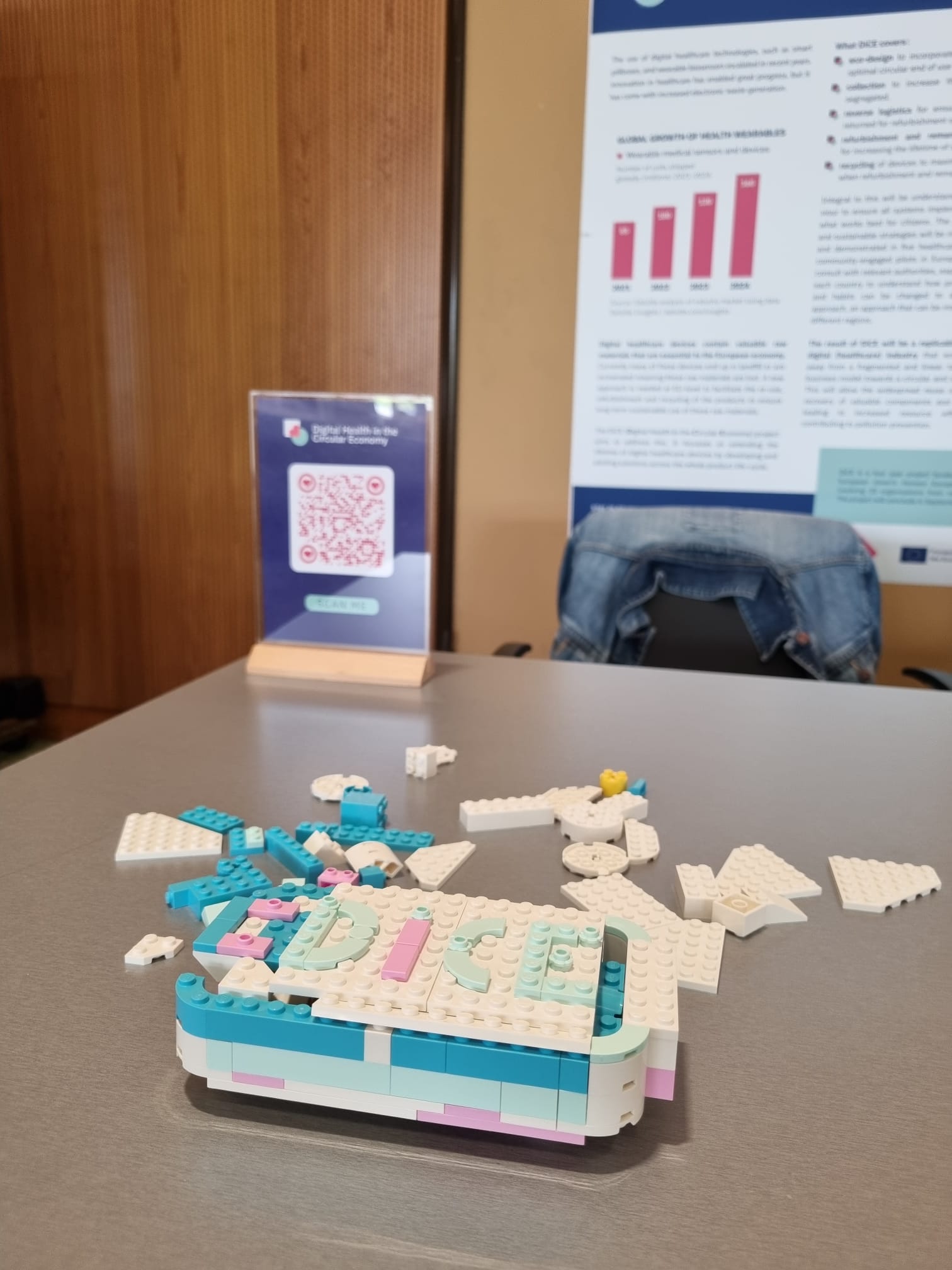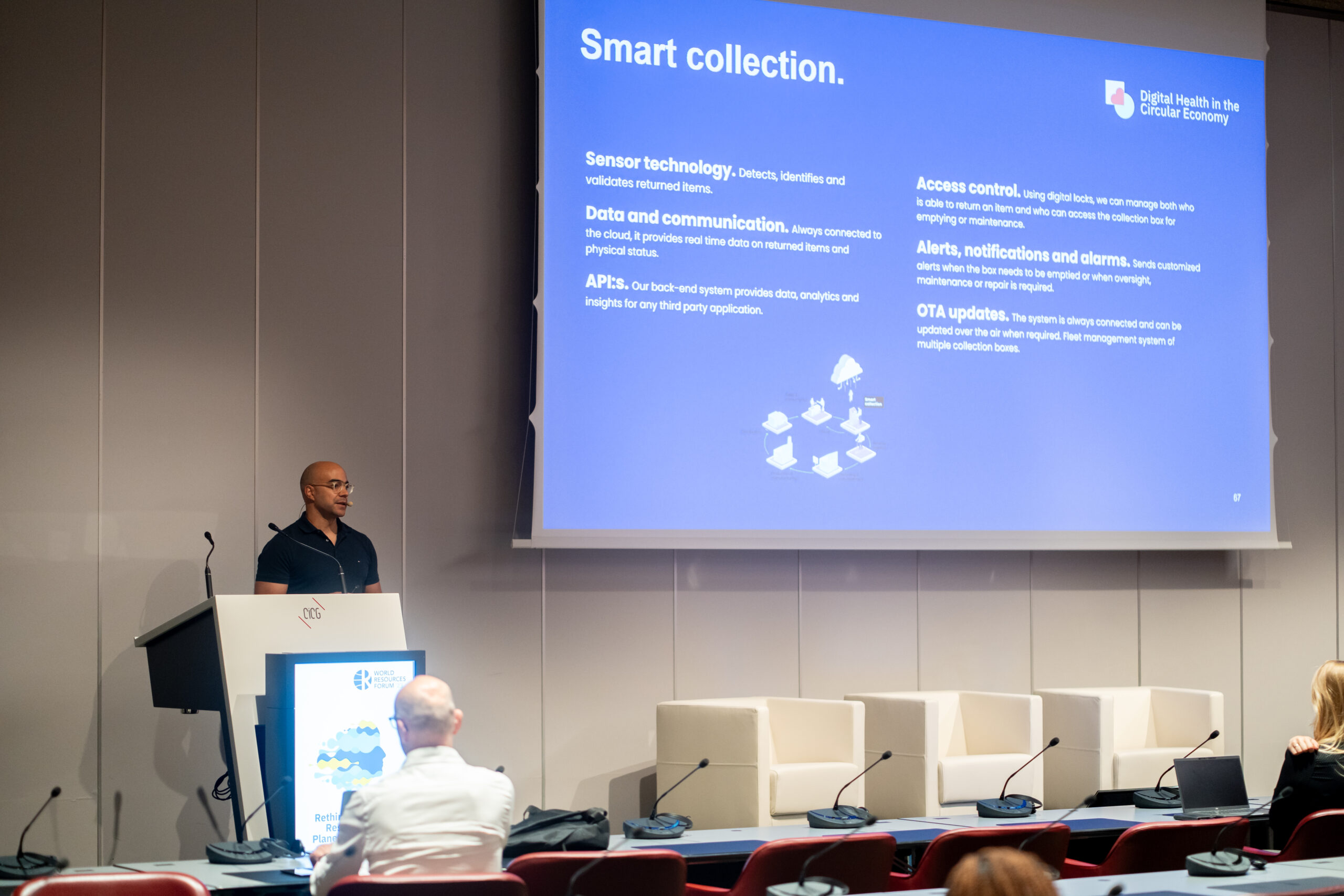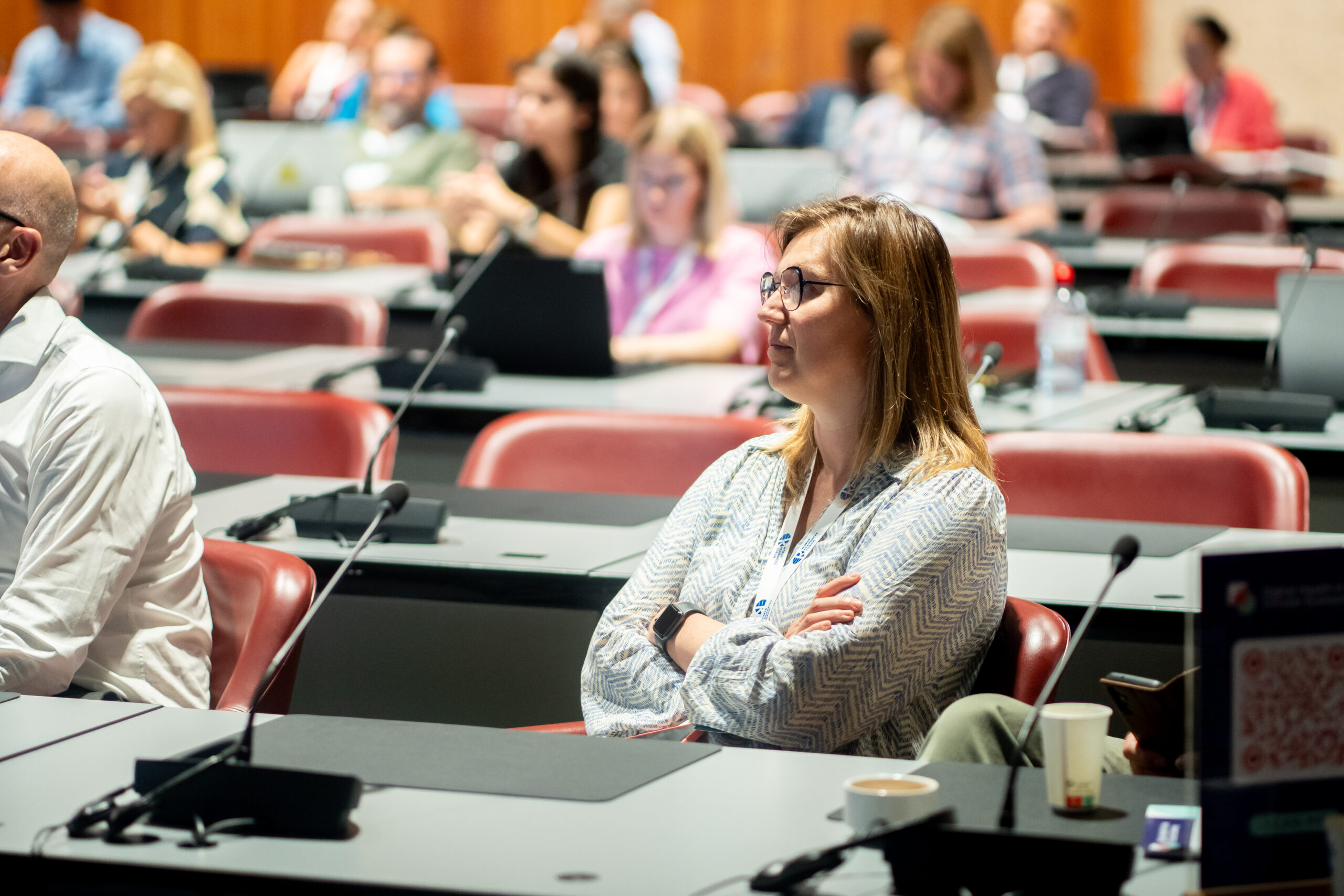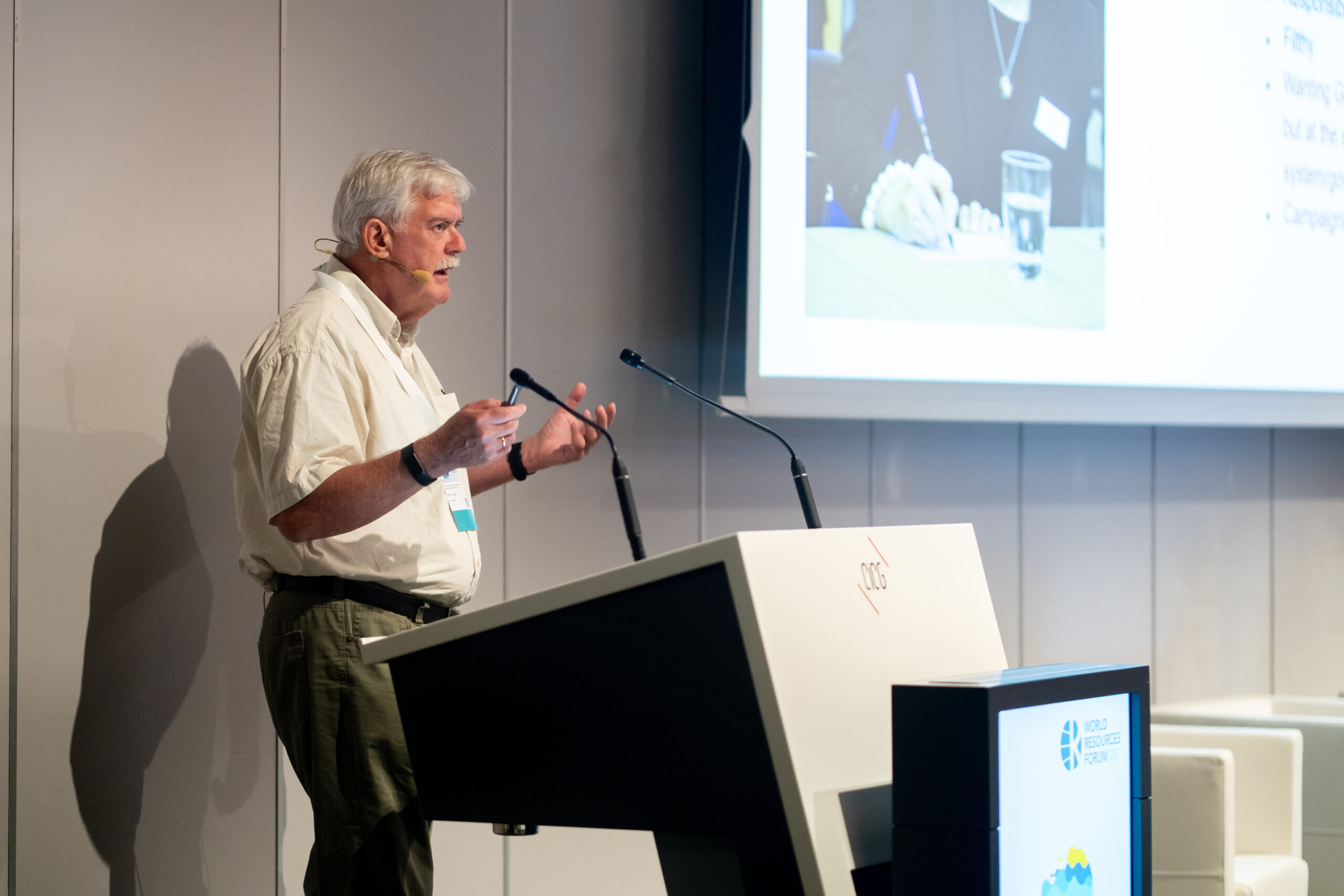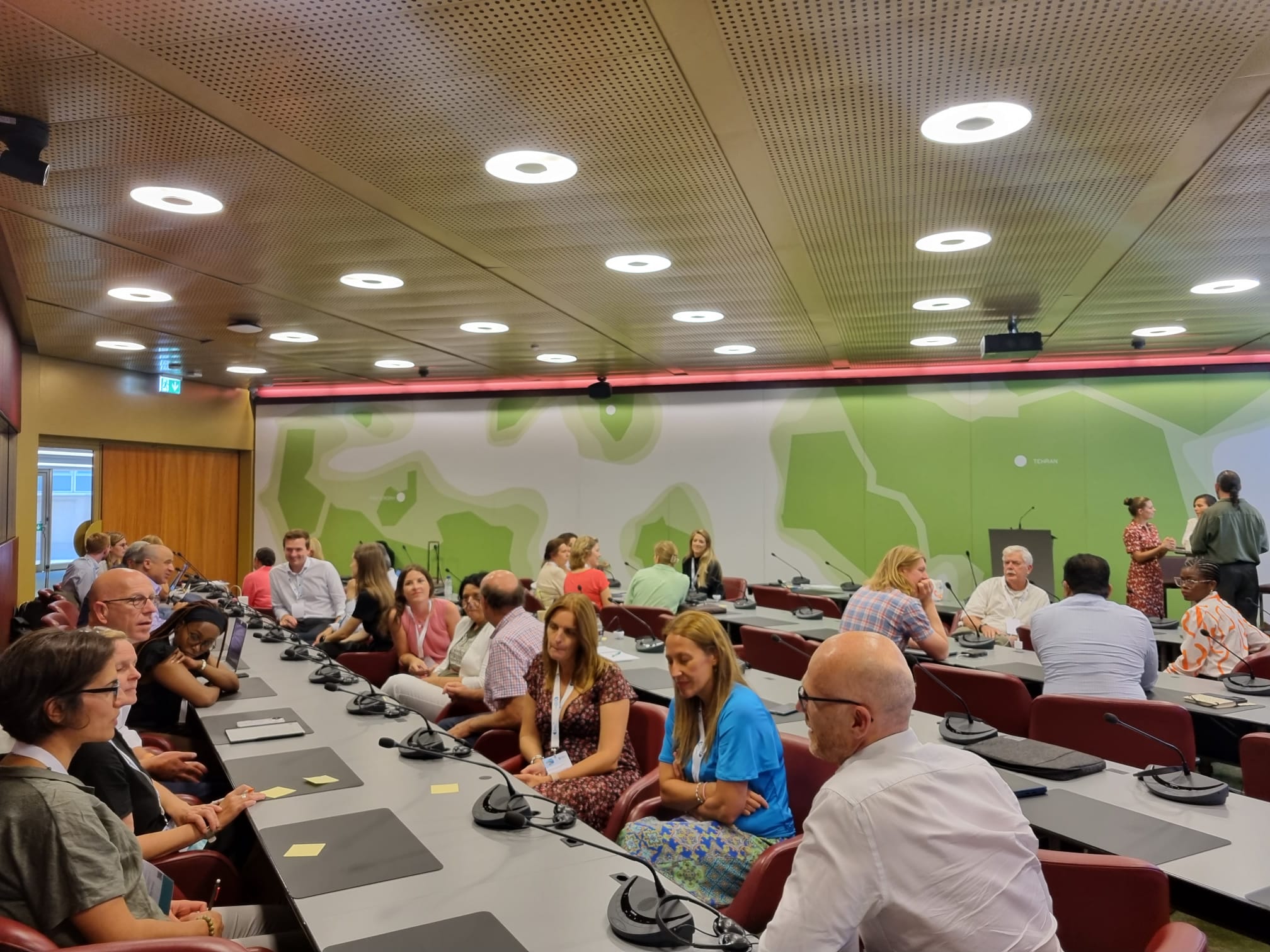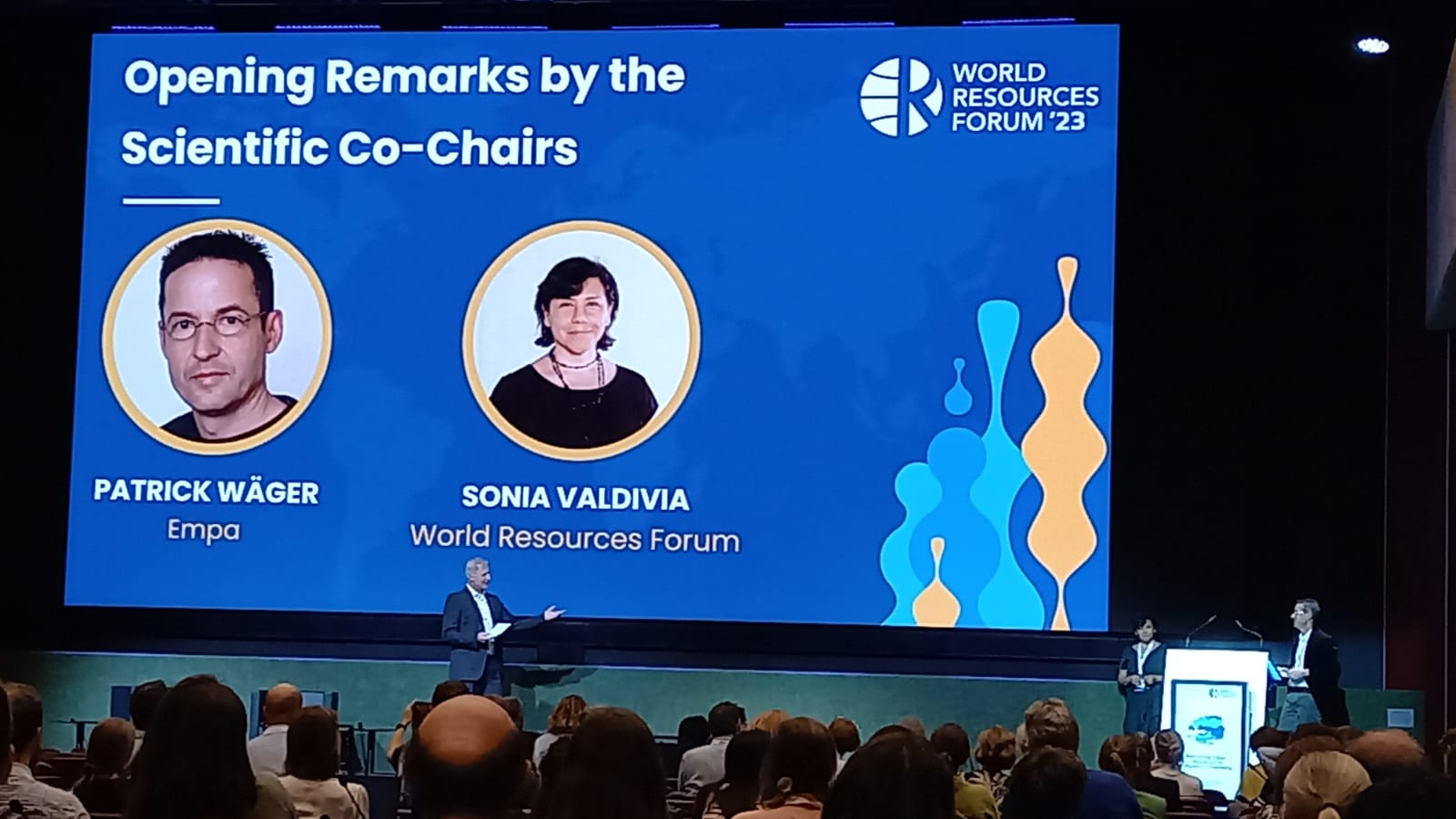Photo by Rok Breznik
Brought to you by the Regional Development Agency for Podravje – Maribor
While e-waste management and the bioeconomy* may operate in different spheres, their underlying goals of promoting sustainability, resource efficiency, and innovation make them complementary. They interconnect crucial aspects of transitioning towards a more sustainable and circular economy. Integrating principles from both sectors can lead to holistic solutions that address the environmental, economic, and social challenges of the 21st century.
*Bioeconomy: using renewable biological resources from land and sea, like crops, forests, fish, animals and micro-organisms to produce food, materials and energy.
The Circular Cities and Regions Initiative
The Circular Cities and Regions Initiative (CCRI) is an initiative of the European Commission that contributes to the achievement of the goals of the European Green Deal.
In 2022, as part of the CCRI the Podravje region was one of a total of 12 cities and regions in Europe selected to receive support for the implementation of Circular Systemic Solutions (CSS) within the initiative. By 2025, the coordinator of the CCRI pilot region will be RRA Podravje – Maribor.
Regional Strategy for Transition to a Circular Bioeconomy
In a significant move towards sustainable development, the Regional Council has officially endorsed the Regional Strategy for Transition to a Circular Bioeconomy, spanning from 2023 to 2030. This strategic initiative aims to establish a robust regional model for the comprehensive management of all available resources within the region.

The strategy, which garnered support in December 2023, sets the stage for the preparation of an action plan. Under this plan, regional stakeholders will collaborate closely to develop what are termed as “circular systemic solutions.” These solutions are designed to address the pressing challenge of fragmentation within the region (such as lack of networks, support structures or knowledge-intensive activities), emphasising the importance of stakeholder cooperation.
Outlined within the strategy are various key focus areas, each aimed at fostering a circular economy paradigm. These include the closure of regional material cycles for biodegradable materials, the promotion of circular agriculture through innovations such as greenhouse cultivation, and the sustainable utilisation of natural resources like sediments from rivers and lakes.
Moreover, the strategy highlights the pivotal role of renewable energy sources, particularly the harnessing of excess heat and geothermal energy, in driving the region towards sustainability. It also underscores the importance of initiatives such as water and sludge reuse from wastewater treatment plants, as well as the processing and circular utilisation of organic residues from both municipal and industrial sectors.
Most importantly, the strategy emphasises capacity building and awareness-raising efforts to ensure the successful implementation of circular economy principles. It encourages active participation from all stakeholders interested in contributing to the transition towards a more sustainable future.
RRA Podravje – Maribor’s Role
Speaking of strategy, representatives from RRA Podravje – Maribor, project partner and the chosen organisation spearheading the initiative, expressed their commitment to fostering collaboration and innovation. They invite all stakeholders interested in participating in the implementation of circular systemic solutions to reach out to them for further engagement and collaboration opportunities.
The endorsement of the Regional Strategy for Transition to a Circular Economy marks a significant milestone in the Podravje Region`s journey towards sustainable development. With its comprehensive approach and emphasis on collaboration, the strategy paves the way for a more resilient and environmentally responsible future.
RRA Podravje – Maribor is acting within DiCE as a living lab (Living Lab ORbITaLA). Focused on fostering open innovation among small-and medium-sized enterprises (SMEs) in Slovenia’s Podravje region, since its foundation in 2013, ORbITaLA extended its influence from Creative Industries to sectors like healthcare, social care, sustainable mobility, and the circular economy.
Following RDAPM’s reorganisation, Living Lab methodologies became integral to its operations, influencing development plans and strategies at municipal and regional levels. This strategic approach, anchored in the triple/quadruple helix framework, emphasises real-life scenarios, co-creation, and stakeholder engagement. RRA Podravje – Maribor serves as a platform for systematic user co-creation, experimentation, and assessment of innovative solutions, ensuring a forward-looking and comprehensive approach to sustainable development. By cocreating circular systemic solutions and fostering collaboration among regional stakeholders, RRA Podravje – Maribor strengthens its role as one of the key partners that work with the end-users on the daily basis, implementing and orchestrating the living labs methodologies in the region.
This strategic alignment further enhances RRA Podravje – Maribor’s capacity to drive innovation, promote resource efficiency, and contribute to the transition towards a more resilient and environmentally responsible future within the Podravje Region and beyond.
As part of RRA Podravje – Maribor’s commitment to the project, DiCE will equally be part of the Circular Cities and Regions Initiatives with its strong focus on citizen involvement in developing its strategies.


